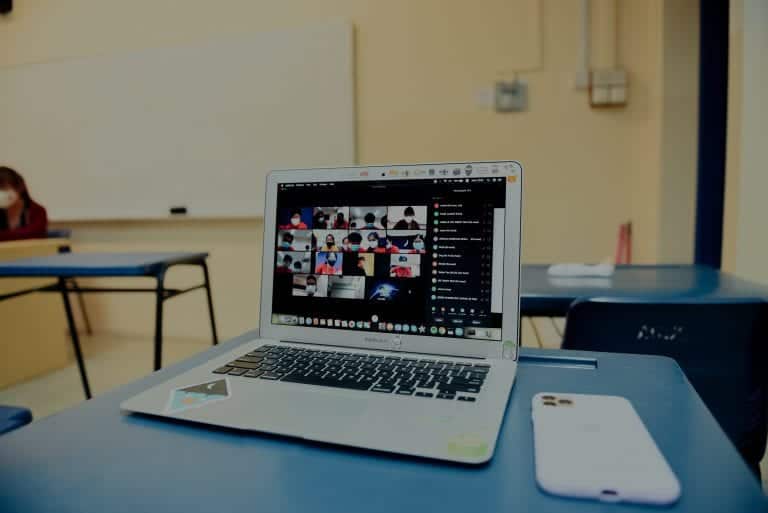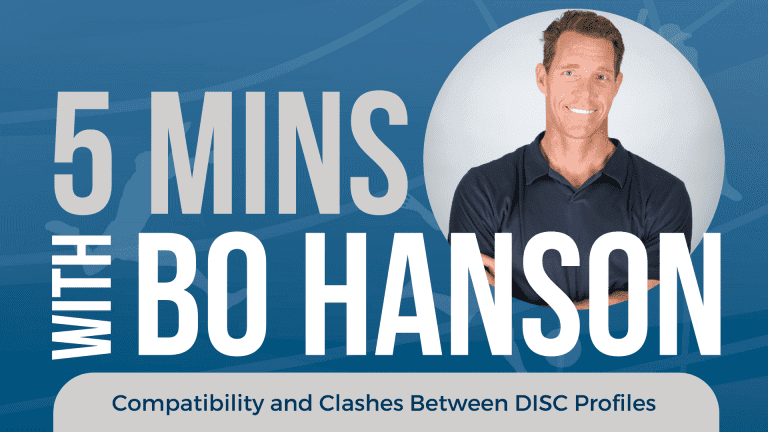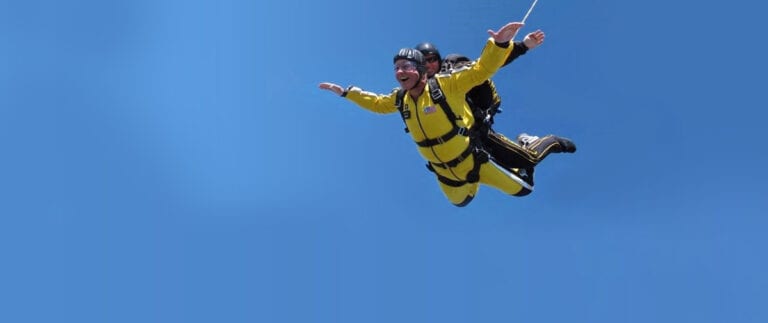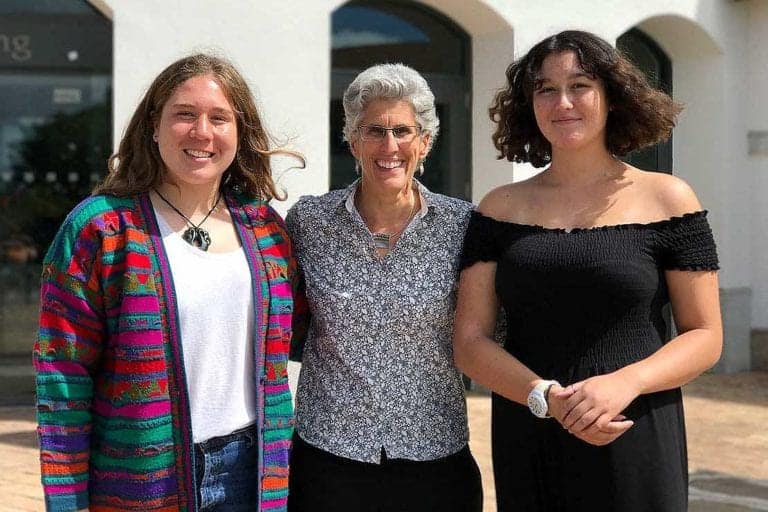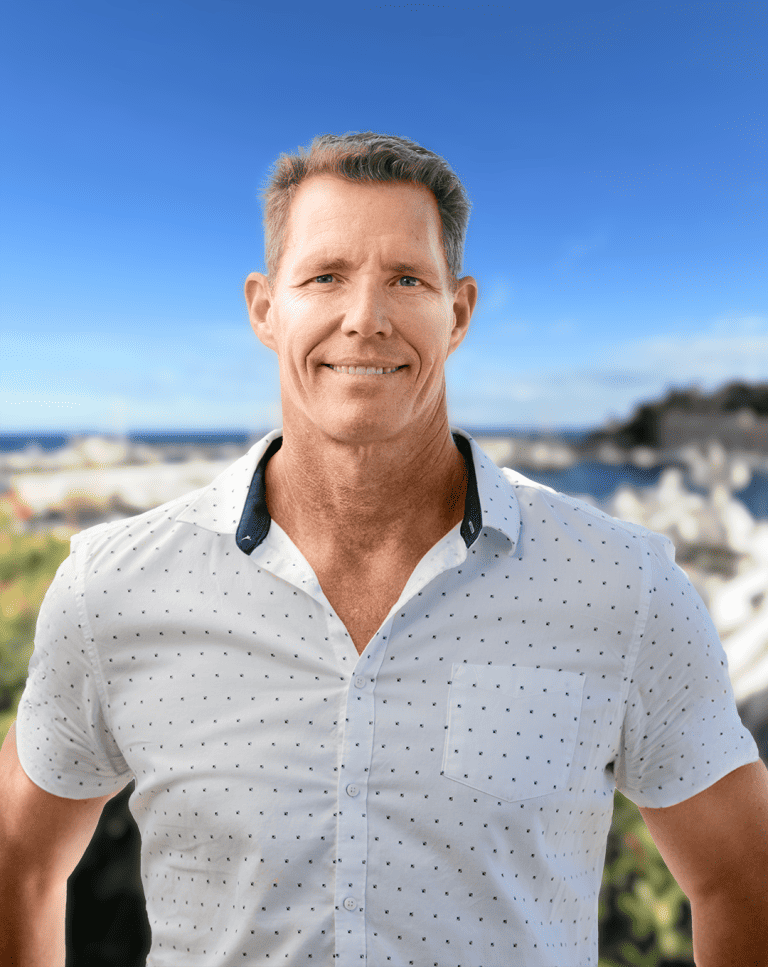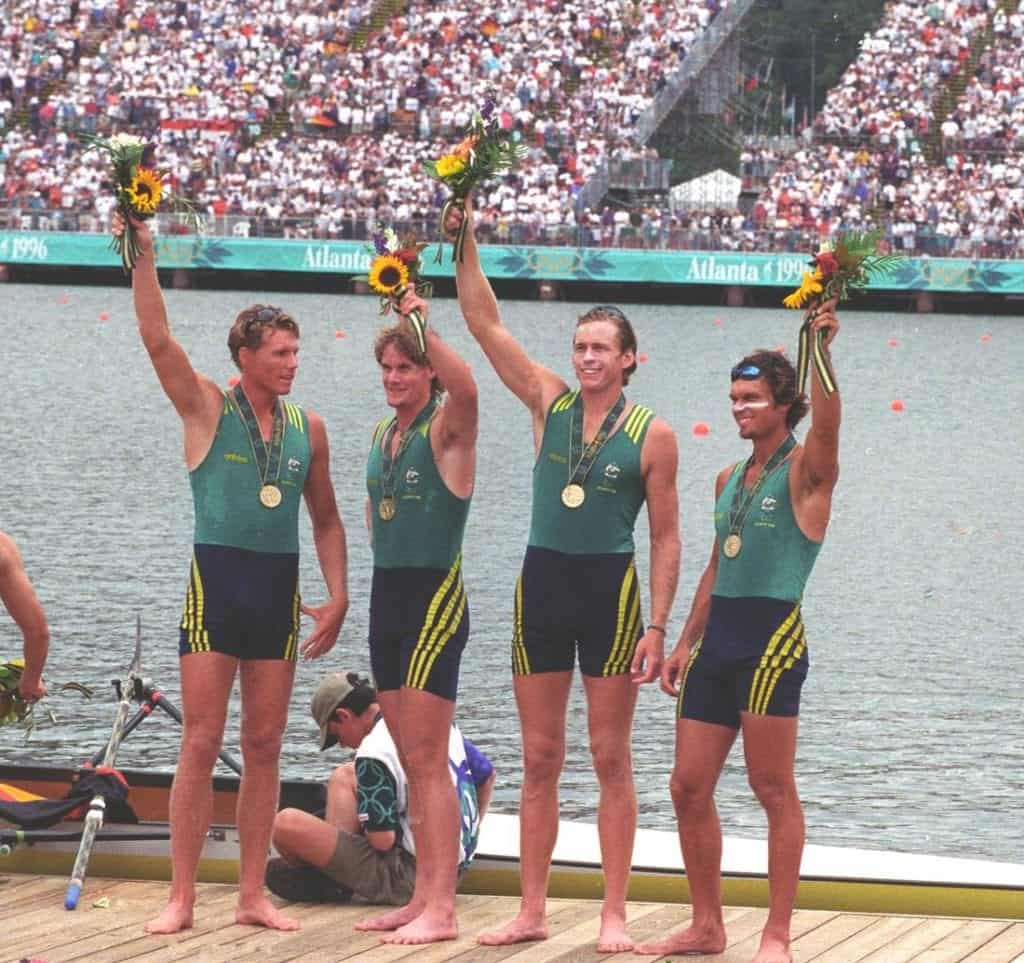We recently interviewed Christopher Atwater, Ph.D., Assistant Professor of Sport Management in School of Hospitality, Sport and Tourism Management at Troy University for our article, Playing FOR Your Students’ Team. We couldn’t squeeze all the valuable information and inspiring thoughts he shared, so we’ve popped them here in an extended Q&A.
Your classes are renowned for the way they get students involved. How important is it for student learning to make your classes interactive and engaging?
I believe that interaction is the key to engagement. In my experience, nobody enjoys being talked to, but almost everybody enjoys being talked with. 2-way communication is of paramount importance, otherwise, students could just read textbooks or review presentation materials in an asynchronous manner. Including people and their varied perspectives and experiences in a dialogue allows people to connect on a deeper and more meaningful level. It transitions the role of lecturer into a role of moderator and mentor.
What are the key reasons a student will choose your program and/or class (that uses the Sports ManagerDISC Profile)?
At Troy, the decision to choose the class is made for the students, which is to say it is compulsory. That being said, I cannot tell you how many times a student has told me something along the lines of, “I was very impressed with DISC and what I learned from the experience. At first, I thought it was just going to be a waste of time and money, but I really learned a lot about myself, and how to work with others.” Once they have their profile and have read their reports, they get to see it all play out through different class exercises.
What is your connection to outdoor adventuring?
Interesting question! My wife and I really enjoy hiking. These hikes (when oxygen flow allows – haha) are some of our best conversations. It is a time to reflect on our lives. We have hashed out many of our life details while hiking. We used to live in Massanutten, Virginia which is home to the Blue Ridge Mountains of Shenandoah National Park. Even on busy days, we would carve out an hour to at least get in a mini-hike. Now that we live in Montgomery, Alabama we are blessed to be less than an hour from Lake Martin and the Cherokee Ridge Alpine Trails. I cannot stress the importance of self-reflection in nature enough. One of the things we talk about in class is “cuts and escapes” meaning that when a situation is stressing you out, what do you do to cut from it and escape into a different mind space. For me, nature is tops.
How do your students apply their own sporting experiences in your class?
I traditionally have a large number of athletes in my leadership classes. Additionally, many of these athletes are from different countries. Lastly, they are all in different sports, so there is a ton of diversity from an athletics perspective. It is awesome to hear how they apply what they are learning in class to their individual approach as well as their leadership approach to athletics. It is an empowering vibe that I get from them. They feel ready to take the reins. It creates a sort of feel to the class where I am able to mentor the students and help them become leaders themselves. These are elite athletes participating at the highest level of collegiate athletics in America and if I can help them look at themselves and those around them in a different way that leads to positive results, that is very fulfilling.
What are the most valuable take-aways you aim for your students when they take your class?
The biggest takeaway that I want the students to get is that they have somebody in their corner willing to advocate for them long-term. That person is me. I don’t ask a lot of the students other than to be genuine and understand that they are perfect as they are. We are all valuable human beings with the ability to make an impact on others and do so on a daily basis.
What is the best feedback you receive from your students about their experience in your classes?
The best feedback I get is that they appreciate the class, make sure not to miss it, and enjoy the activities and role playing. I’ve had several students say it is the best class they have taken which is fun to hear. Many have said that they feel much more prepared to work in group and team situations because of what they have learned about their own behavioral preferences as well as those of others. For me, it is a fun class to teach because many students know how they operate inherently but are unable to articulate it prior to this class. I get to see that transformation.
How have mentors shaped your career progression? Have students told you about the way your teachings have shaped their careers?
My biggest mentor is Dick Sander. When I was 30 years old, I was working in mortgage banking. I did not enjoy the work but I was good at it and I made good money so it was hard to walk away. One night at dinner, I told my wife I was going to quit my job and go back to school because I wanted to work in sports. Once I got to school, Dr. Sander took me under his wing and involved me in a ton of projects I had no business being part of due to my inexperience, but he believed in me and coached me, and kept challenging me to get to the next level. When I finished my masters degree he took me aside and said that if I was willing to teach classes in the graduate program, he would make sure I would be able to progress and get my Ph.D. with all tuition and fees waived. He changed my life. He didn’t have to do any of what he did, but he really helped me evolve as a human being and launched my career as a professor. Great man, great leader.
What do you like most about teaching this class?
Oftentimes, this class is the first time I get to know the students in our Hospitality, Sport, and Tourism Management discipline because I mostly teach the higher-level, less-popular classes such as Analytics and Research Methods. It allows me to get to know them on a more personal level. I learn what they like, dislike, the teams they cheer for (which leads to a lot of banter if I disapprove – HaHa). It is just a more loose class where people feel like they can be themselves without fear of failure or judgment. It is a great way to start the day for most students because it gives them and myself a little pep in our step so to speak.
What do you like / most enjoy about your teaching role at the university?
I have never viewed myself as a teacher. I view my role as a coach and mentor. I love seeing my students succeed at everything they do. I do not believe I am at Troy just to teach, but to help our students achieve their goals and dreams. If they want to be a professional athlete, I want to do all that I can to support them and put them in the best position to achieve that. If they want to go to graduate school, I want to help them along that path to the best of my ability. For me, the opportunity to help students and back them and prepare them for what is next is my primary purpose for being here. Teaching is part of that of course, but the coaching and mentoring is what is most important to me.
What do you think are the most important skills/experience students leaving your program need to succeed post-graduation?
I get this question a lot! The technical skills are fantastic. Knowing I am preparing students to conduct research and that they are learning some data science makes me smile because those are skills that can get them to the next level. However, even greater than the technical skills, is learning the art of listening and being open to other people’s opinions and viewpoints. Nobody has ever learned anything by talking. I think the skill of listening and being open is the greatest skill anybody can acquire.
What advice would you give someone starting out in their academic or teaching career so far?
Be yourself. I think a lot of people when they first start teaching at the university level feel like “frauds” meaning you look around the room at your first faculty meeting and think to yourself, “What am I doing here, these people are all way smarter than me. I don’t belong here.” I would say relax, ask a lot of questions, don’t be intimidated and isolate yourself. You earned this role. Enjoy the privilege of the pressure and start passing all of the knowledge you have acquired on to the next generation.
What has been the top 1-3 things that have helped you succeed in your own career?
- Loyalty to my bosses, superiors, and the overall mission of what we are trying to accomplish would probably be number one. I don’t burn bridges or undermine the efforts of others. You have the right to fail, but you do not have the right to make others fail.
- Being true to my own core values is probably second. I am an individual that is open to compromise, but not if I do not think it is the ethical or moral path to take.
- Lastly, I would just say that I am a lover not a fighter. I enjoy people. I find value in almost anybody on the planet and love hearing their stories. I think people feel that and are willing to let me be part of their life which has opened many doors for me over the years.
What you are most proud of? What has been your career highlight so far?
One of the greatest experiences in my career was being invited to Dubai to do a guest lecture series on sport marketing at the American University of the Emirates. That was a once in a lifetime kind of opportunity and a ton of fun!
Recommended Articles
During the pandemic, safety required the suspension of face-to-face teaching, consequently some 25,000 universities closed their doors, forcing an estimated 250 million students worldwide to continue their studies online. Globally, teaching professionals were forced to rethink the way they delivered course material and connected with students.
Chemistry and winning combinations are not always a coincidence, and there is potential for conflict in every combination of team members and colleagues.
What keeps Dr. Steven Estes, Professor of Leisure and Sport Management at Middle Tennessee State University engaged, looking for new challenges and delivering dynamic content to develop leaders for our community?? That question evolved in my mind the more we delved into Steve’s philosophy on leadership - developed over a career spanning over four decades. Experience has seen him guide students in the classroom as a tenured professor, high performance sport gave him the opportunity to compete at international events as part of the US rowing team, he continues to be a pivotal member and was twice president of the National Association for Kinesiology in Higher Education (NAKHE), a leadership lecturer in residence at the United States military training academy, and part of teams tackling grueling physical challenges.
Leadership is not anchored to a nominal position or the domain of the select few within a team, according to Sarah Leberman, Professor of Leadership at Massey University, New Zealand. Also a Fulbright Scholar and the author of highly significant research on leadership, Leberman specialises in applying the knowledge surrounding leadership to the sport space and in particular women and girls.



